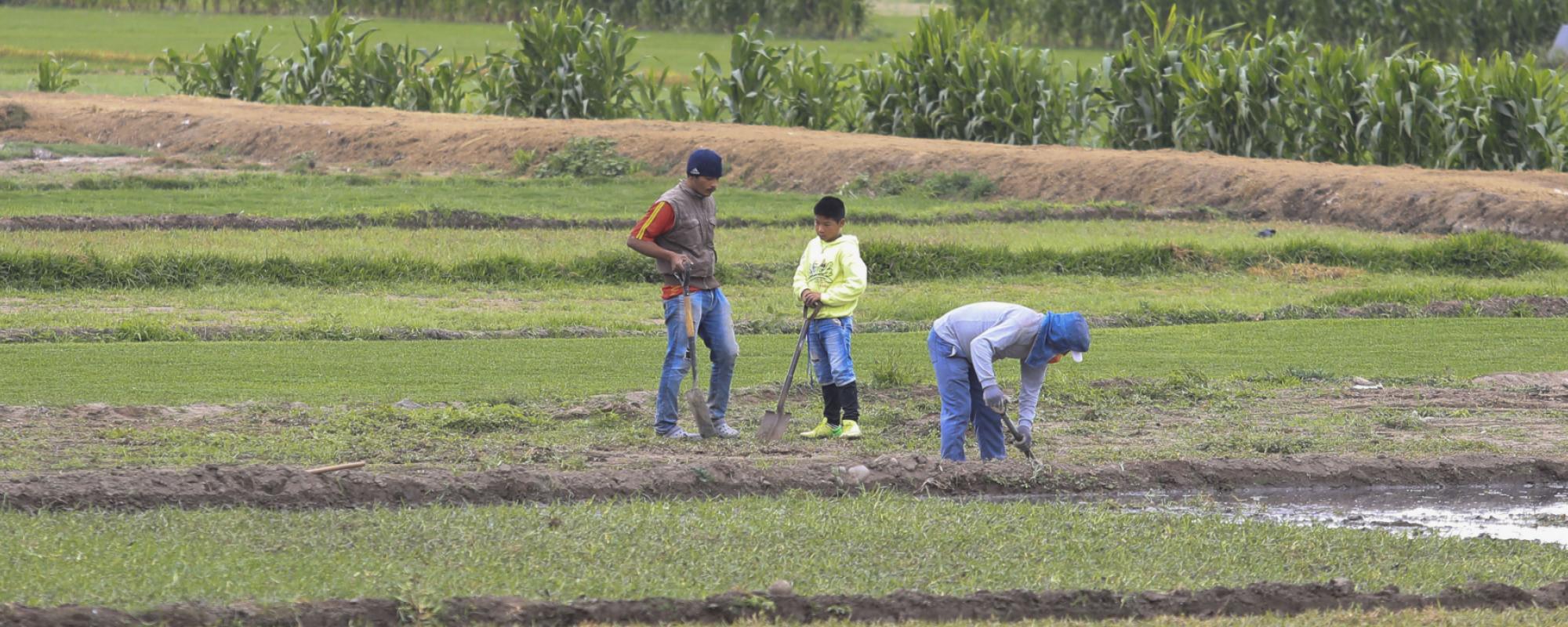Peru has achieved important economic and social improvements in recent decades. But young people continue to struggle to access decent jobs because the education system and labour market remain underdeveloped and highly unequal. This research project used three themes to explore why. Click the links to access the associated publications.
1. How do young Peruvians make decisions about their higher education, training, and skill acquisition?
- What affects their decision to enrol in higher education? (Discussion Paper)
- What skill sets do young people have who access higher – or lower - quality higher education? (Discussion Paper and Non-Technical Summary).
See also our Policy Brief on Higher Education.
2. What constrains or promotes the development of skills through childhood and adolescence?
- How does inequality and early life circumstances affect the acquisition of skills? (Discussion Paper, and Non-Technical Summary)
- How effective is the secondary education system in Peru in developing appropriate skills? What makes a good school? (Working Paper)
- How effective was the school-improvement program ("Jornada Escolar Completa") (JEC paper).
See also our Policy Brief on Secondary Education.
3. Why are some young Peruvian men and women more likely than others to find decent and meaningful work?
- What influences young people’s pathways to work? How do gender, shocks, social networks and mobility interact to affect access to meaningful work? Qualitative fieldwork on this topic has been completed and analysis is underway.
The high-quality, timely and policy-relevant findings discovered through this research has the potential to shape policy and recommendations in Peru and beyond. The research team have engaged with policymakers and NGO representatives in Peru, and at the Inter-American Development Bank in Washington DC.
This research was presented and discussed at a four day conference hosted by Young Lives, CLOSER and Lancaster University Management School (for more information see our Events page).
Jorge Aguero, University of Connecticut; Paul Glewwe, University of Minnesota; Gabriella Guerrero GRADE; Juan Leon, GRADE, Mark Mitchell, The University of Edinburgh.
IZA Institute of Labor Economics
Expecting Better? How Young People Form Their Earnings Expectations - Marta Favara, Paul Glewwe, Catherine Porter and Alan Sánchez
IZA Institute of Labor Economics - Human Capital Development: New Evidence on the Production of Socio-Emotional Skills - Mark Mitchell, Marta Favara, Catherine Porter, Alan Sánchez
Peruvian Economic Association
Stratification of Returns to Higher Education in Peru: the Role of Education Quality and Major Choices - Alan Sánchez, Marta Favara and Catherine Porter
GRADE: Análisis & Propuestas
¿Más recursos escolares mejoran los resultados de aprendizaje? Evidencia de la reforma de Jornada Escolar Completa, GRADE: Análisis & Propuestas, 57 - Jorge M. Agüero, Marta Favara, Catherine Porter, Alan Sanchez
Estratificación de los retornos a la educación superior en el Perú: el rol de la calidad de la educación y las opciones de carrera, GRADE: Análisis & Propuestas, 58 - Alan Sanchez , Marta Favara, Catherine Porter
What difference do schools make? A mixed methods study in secondary schools in Peru, GRADE, - Juan León, Gabriella Guerrero, Santiago Cueto, Paul Glewwe
¿Qué diferencia hacen las escuelas? Un estudio de métodos mixtos en colegios secundarios del Perú, GRADE - Juan León, Gabriella Guerrero, Santiago Cueto, Paul Glewwe


